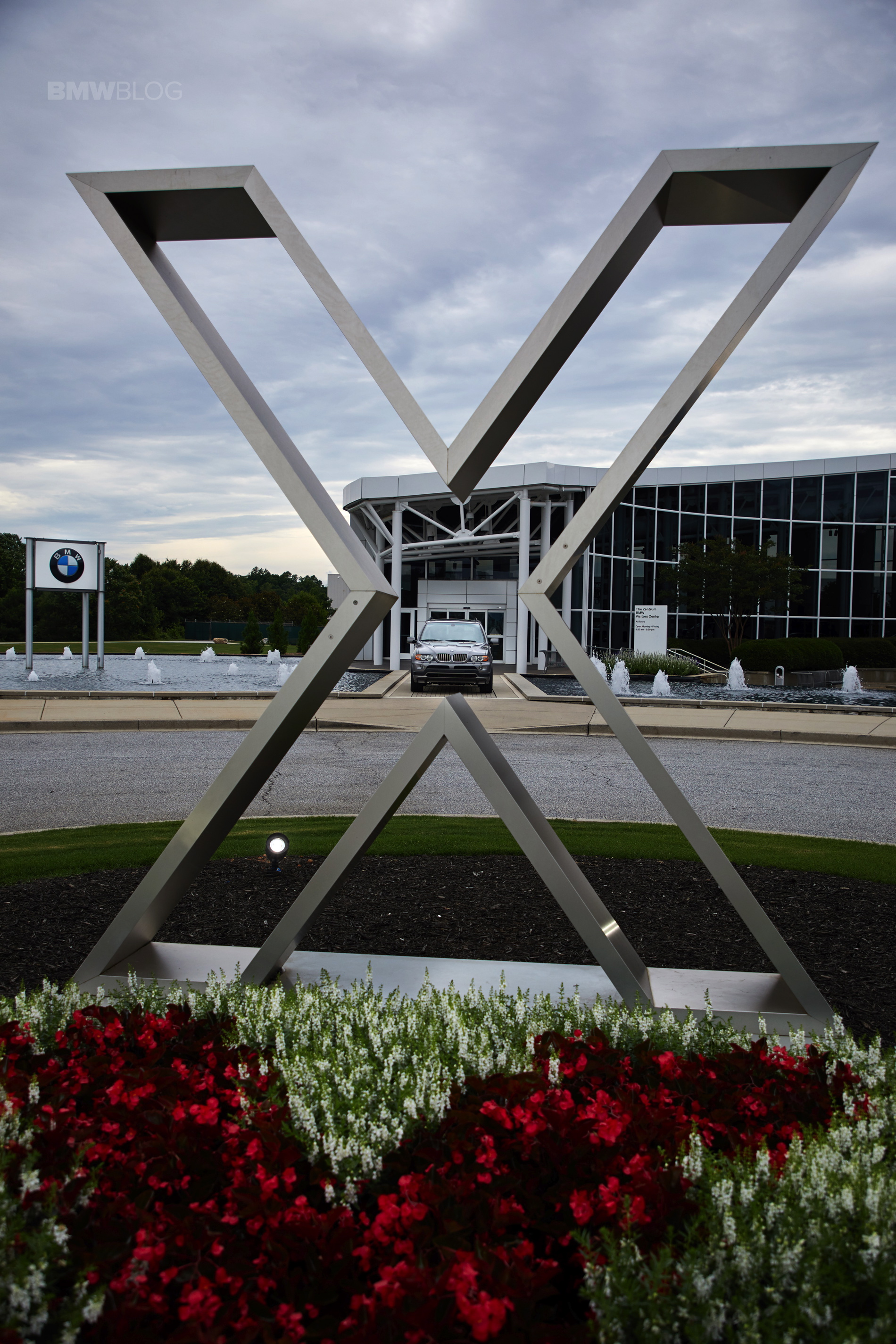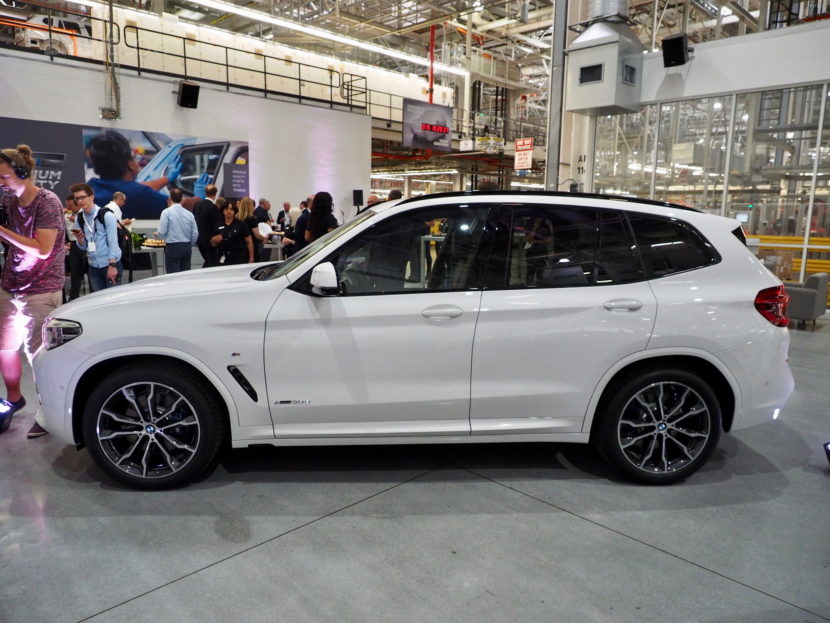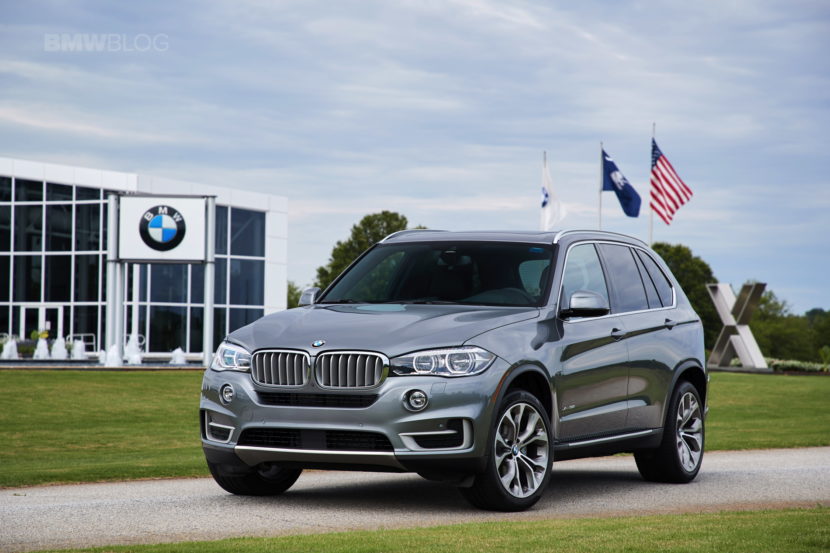We don’t like to get very political, here at BMWBLOG, but it’s becoming more and more difficult to avoid it lately. With U.S. President Donald Trump threatening 20-percent tariffs on all cars imported to the United States, European automakers have become concerned. Vaguely worded threats and tweets have companies like BMW, Daimler and Volkswagen all on alert, as a trade war is not something they want to see happen. Yet, we could be on the brink of one.
A little while back, President Trump imposed trade tariffs on raw steel and aluminum, in what has been said to be an effort to help the local steel and aluminum mills in America. However, the problem with that has been that American mills aren’t big enough, don’t supply enough and can’t handle the capacity that companies, both foreign and domestic, building in America need. And it’s negatively affecting supply chains, hurting American businesses and workers.
For instance, car companies, and other manufacturing companies, don’t just buy slabs of steel and aluminum but specifically designed and milled to certain tolerances pieces as well. Many of those specific parts have to be imported and the tariffs on those parts are hurting American companies, along with companies like BMW, Volkswagen and Volvo, brands that actually build cars here.
On top of affecting supply chains, the President is now threatening a 25-percent import tariff on auto parts. BMW has declined to comment or respond but that would be a significant blow for the Bavarians. While BMW builds all of its rear-drive-based SUVs for the world right here in America, the engines are imported from Germany and Austria. So tariffs on auto parts would hurt the Spartanburg, South Carolina plant.
Greer (the actual city where BMW’s Spartanburg plant resides) Mayor Rick Danner understands the danger of these sorts of political threats. He understands very well just how much BMW’s presence has helped not only Greer but all of South Carolina. “We have a very international community here, and there are suppliers from around the world located here,” Danner said. “Anytime there is saber rattling at the national level, there is a certain amount of fallout and uneasiness about what the long-term implications of that are.”
South Carolina isn’t just home to BMW but Michelin, GE and Samsung, among many other international companies. So threatening these companies would only negatively affect Americans, of whom there are thousands and thousands employed by international companies in South Carolina.
Among all of this, BMW is being quiet. When all of this first started, BMW CEO Harald Kruger bit back, with the stern politeness of a typical German businessman, he even met with Trump during a meeting between the President and German Chancellor Angela Merkel. Now, though, BMW is remaining quiet and we just have to wait out the uneasiness between the EU, German car companies and the President.
[Source: Greenville Online]







































































